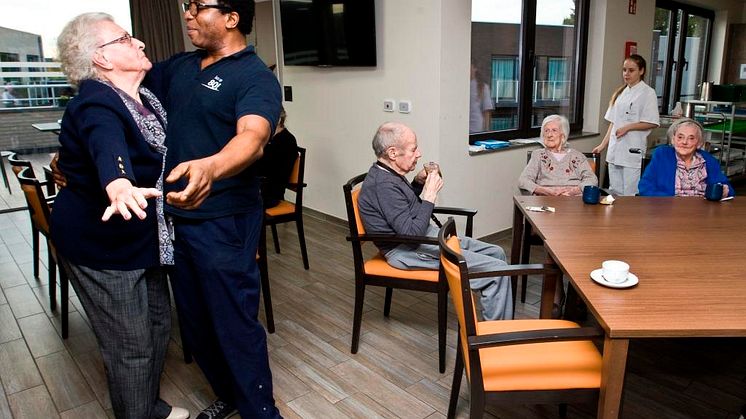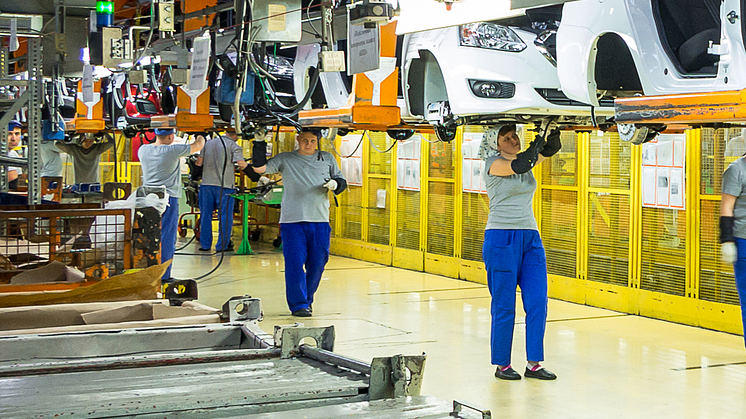Substantial rises in national minimum wages for 2025 – linked to the EU directive?
The 22 EU Member States with a national minimum wage have announced their decisions on increases for 2025, except for Spain. Developments bring good news for workers on the minimum wage, who will see their wages increase substantially, beyond current inflation in most countries.




















